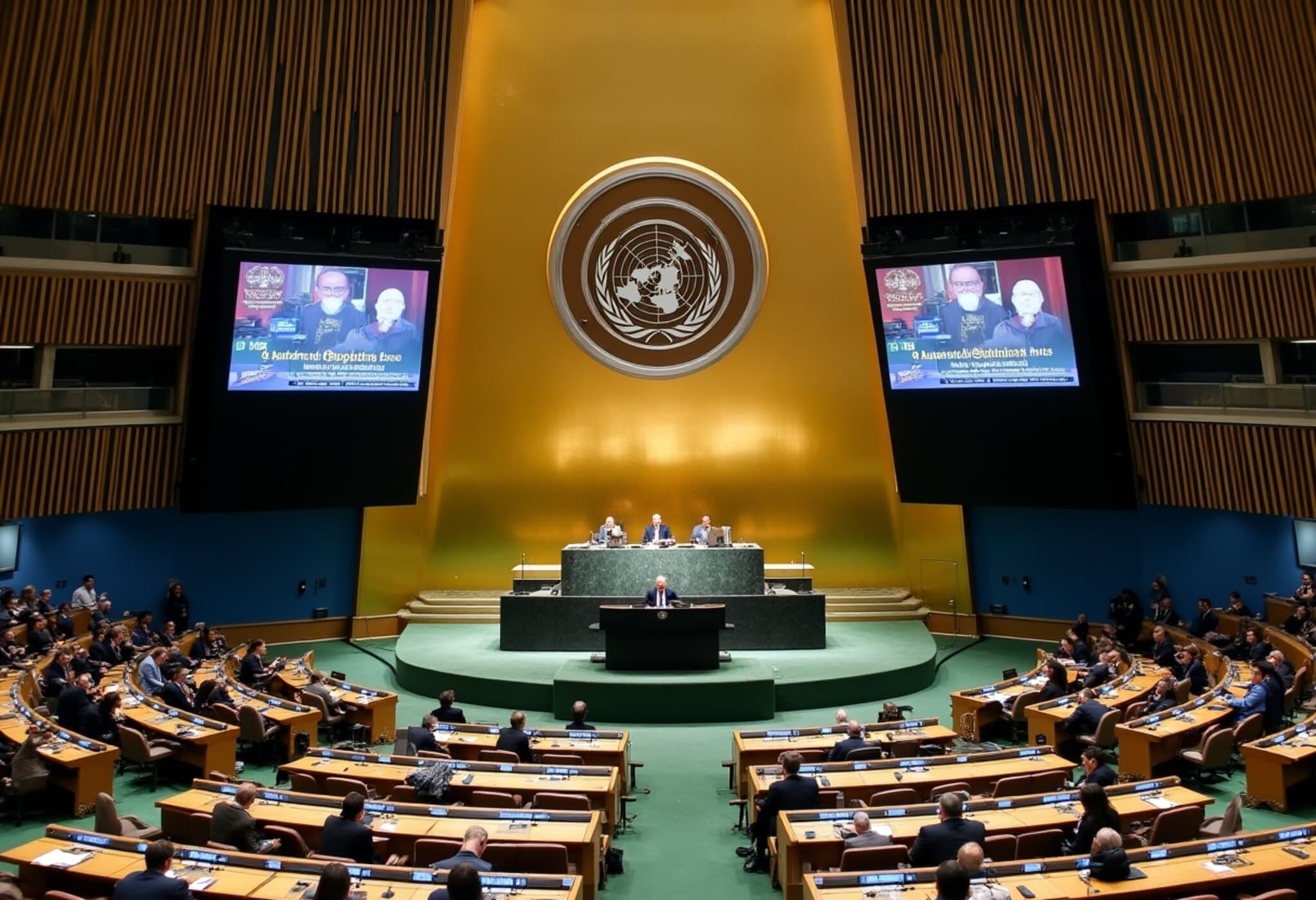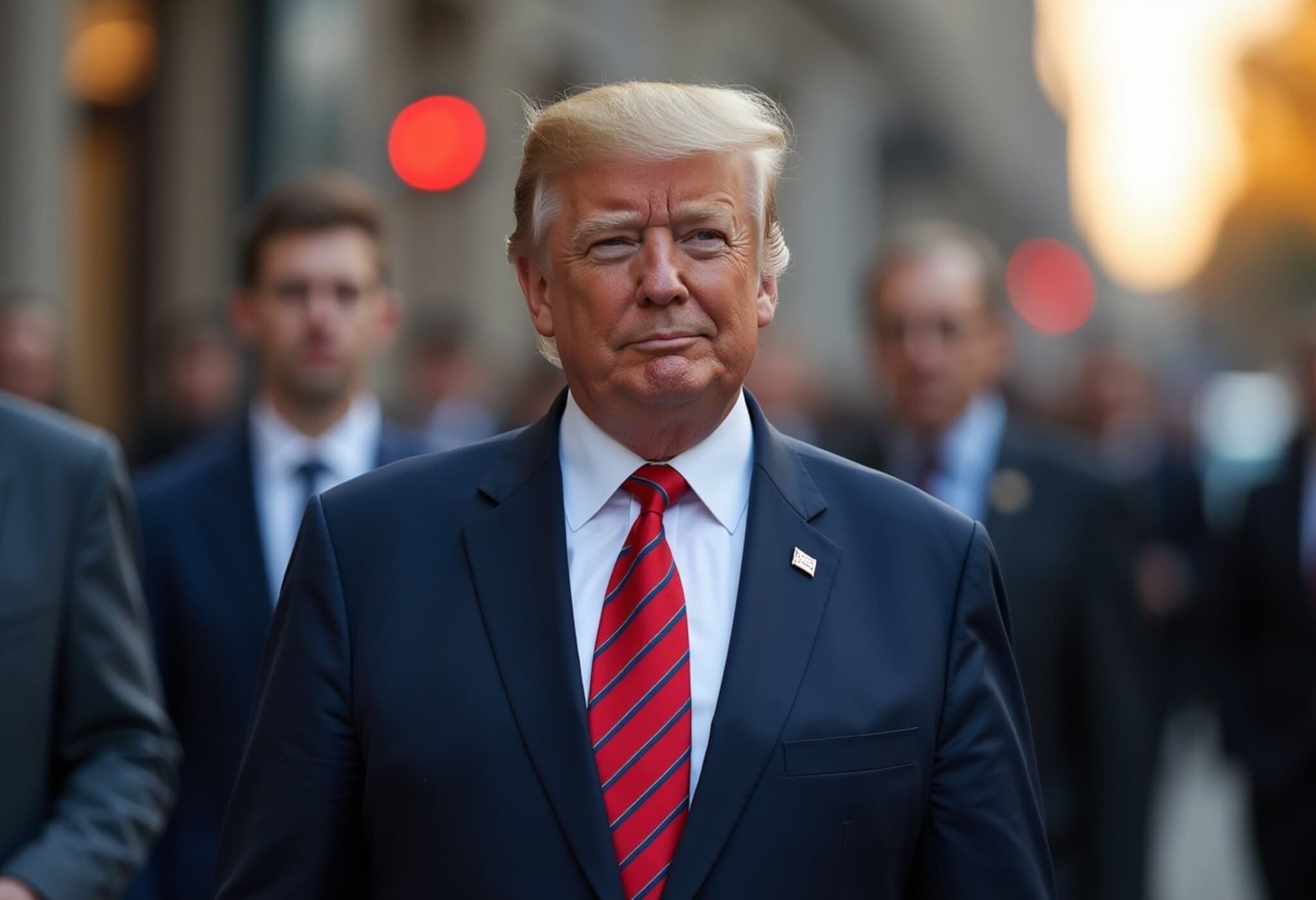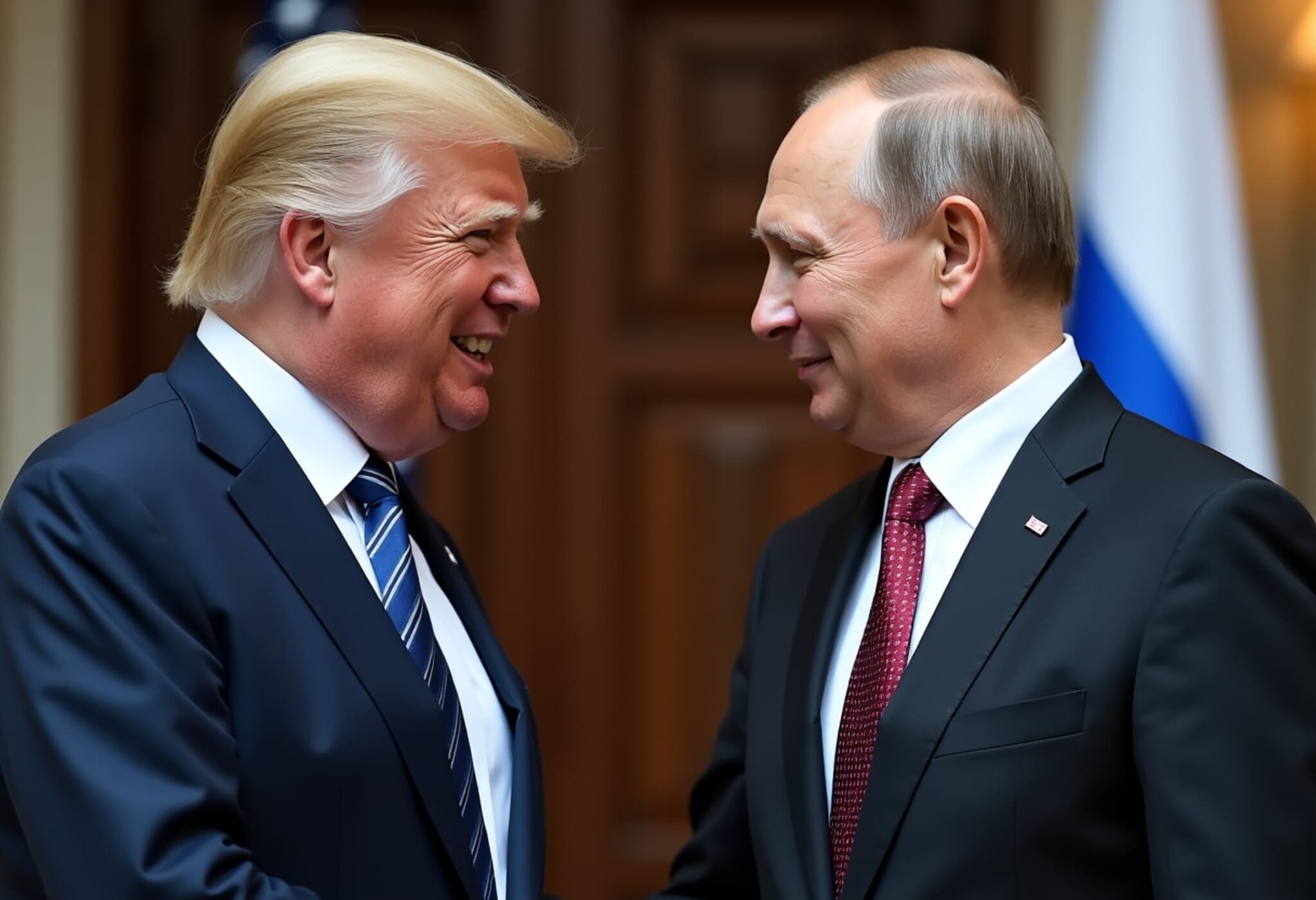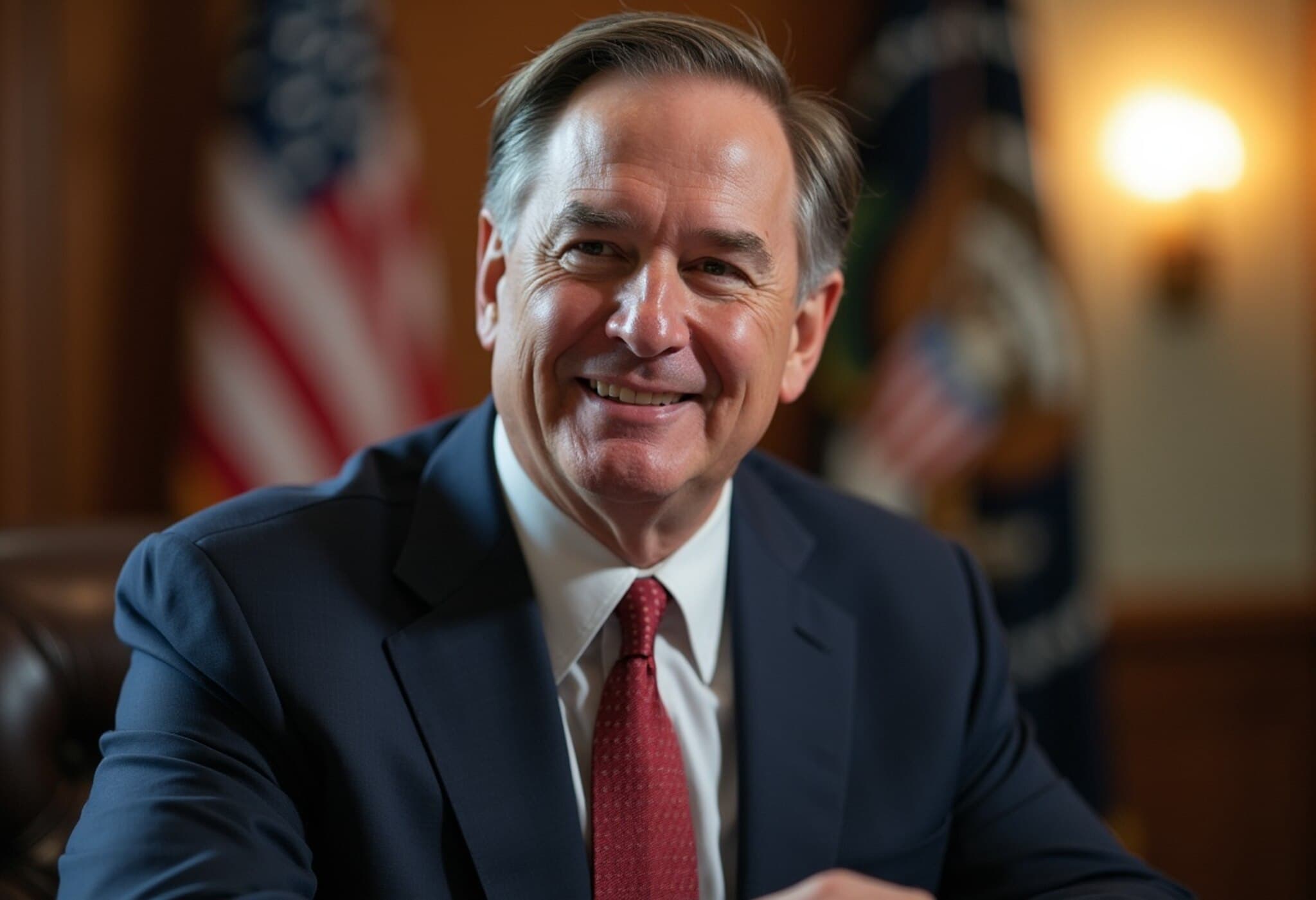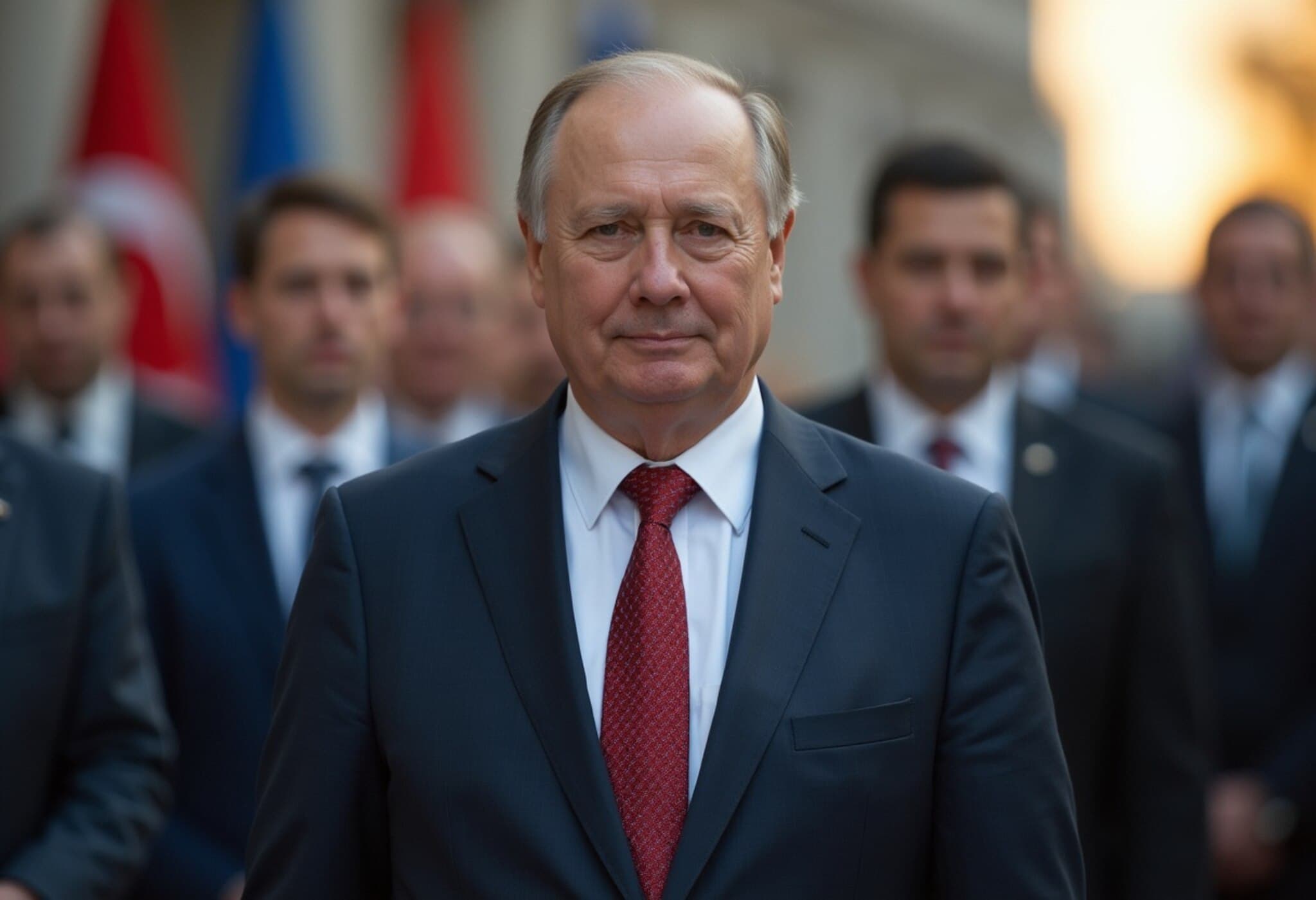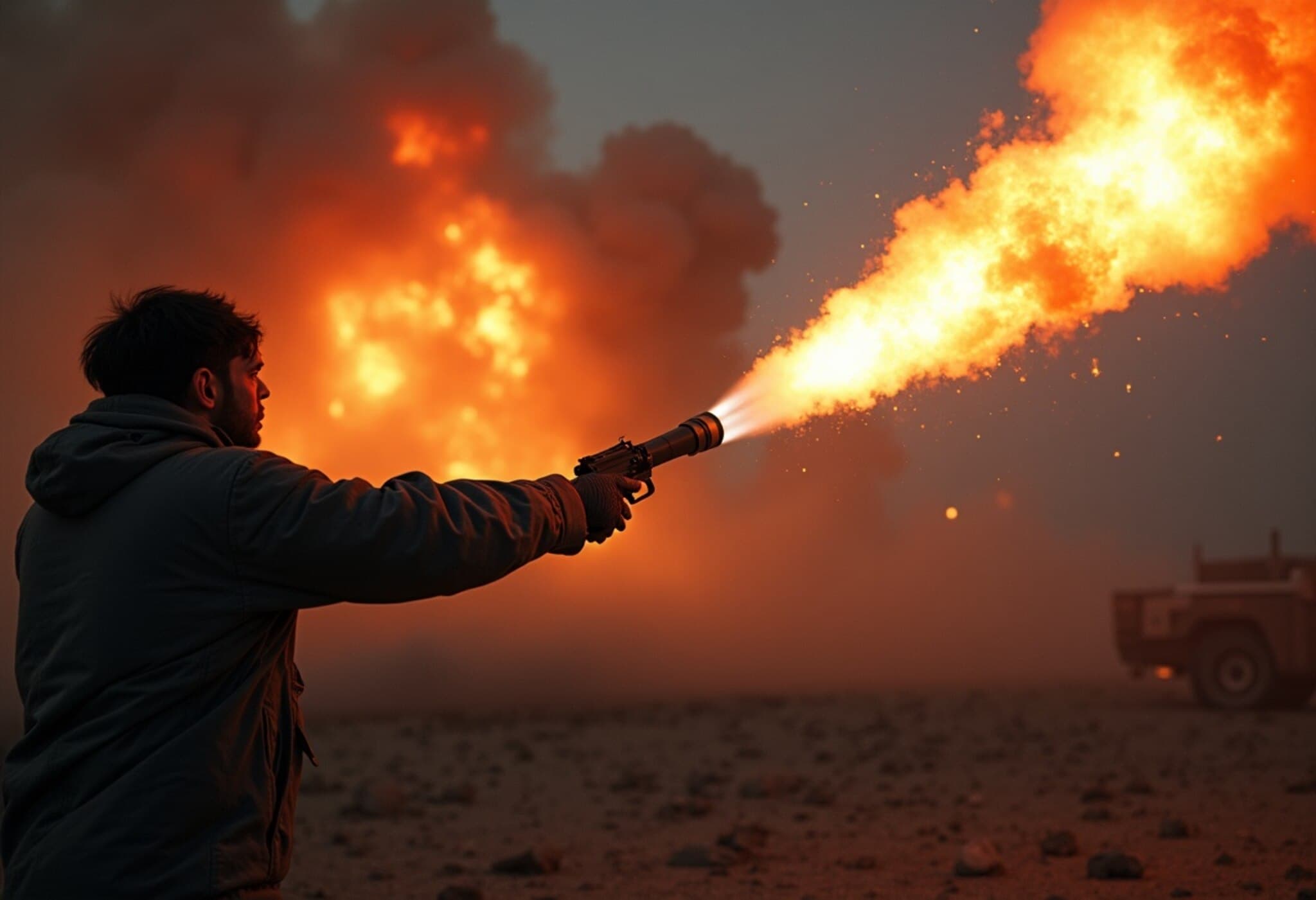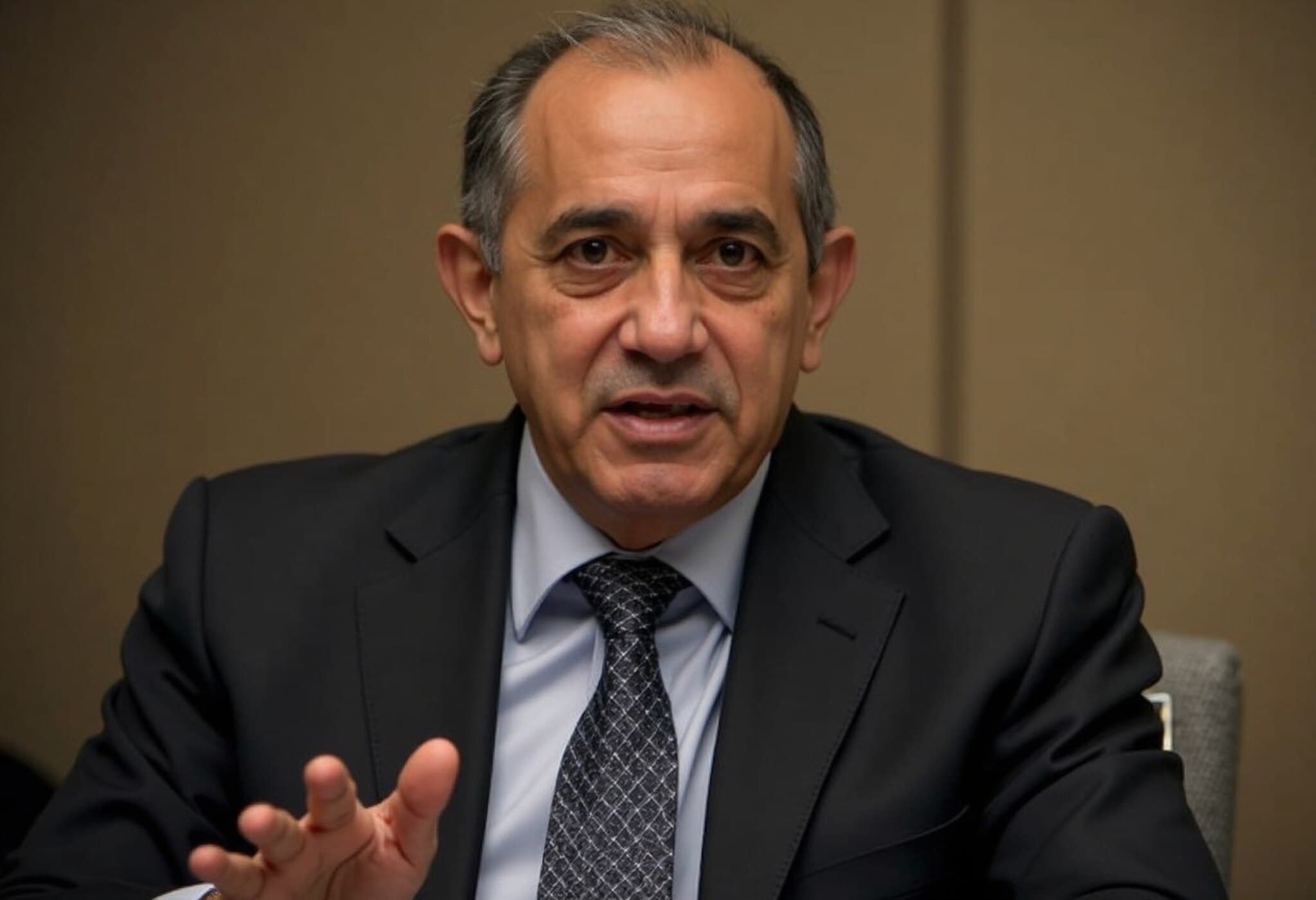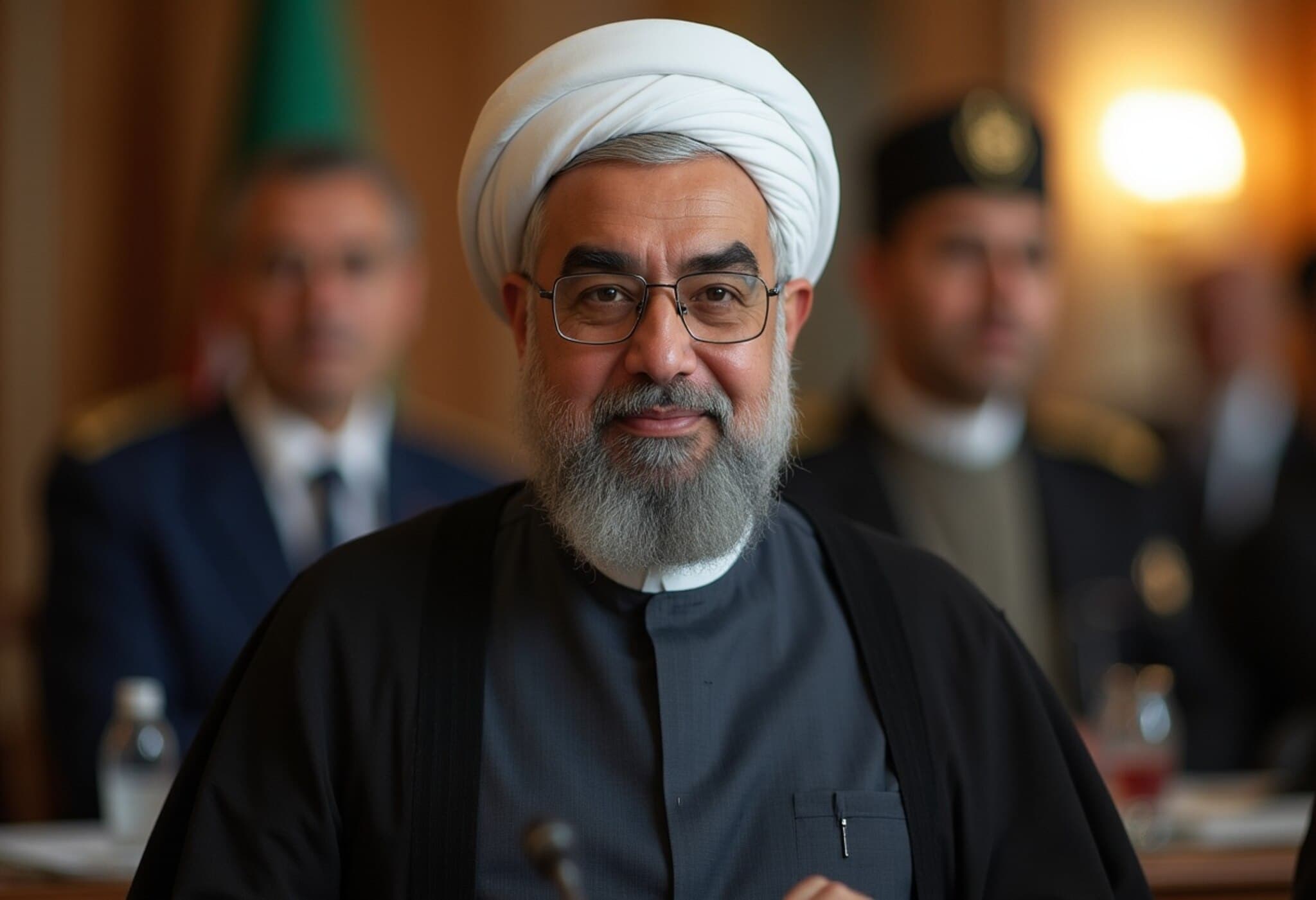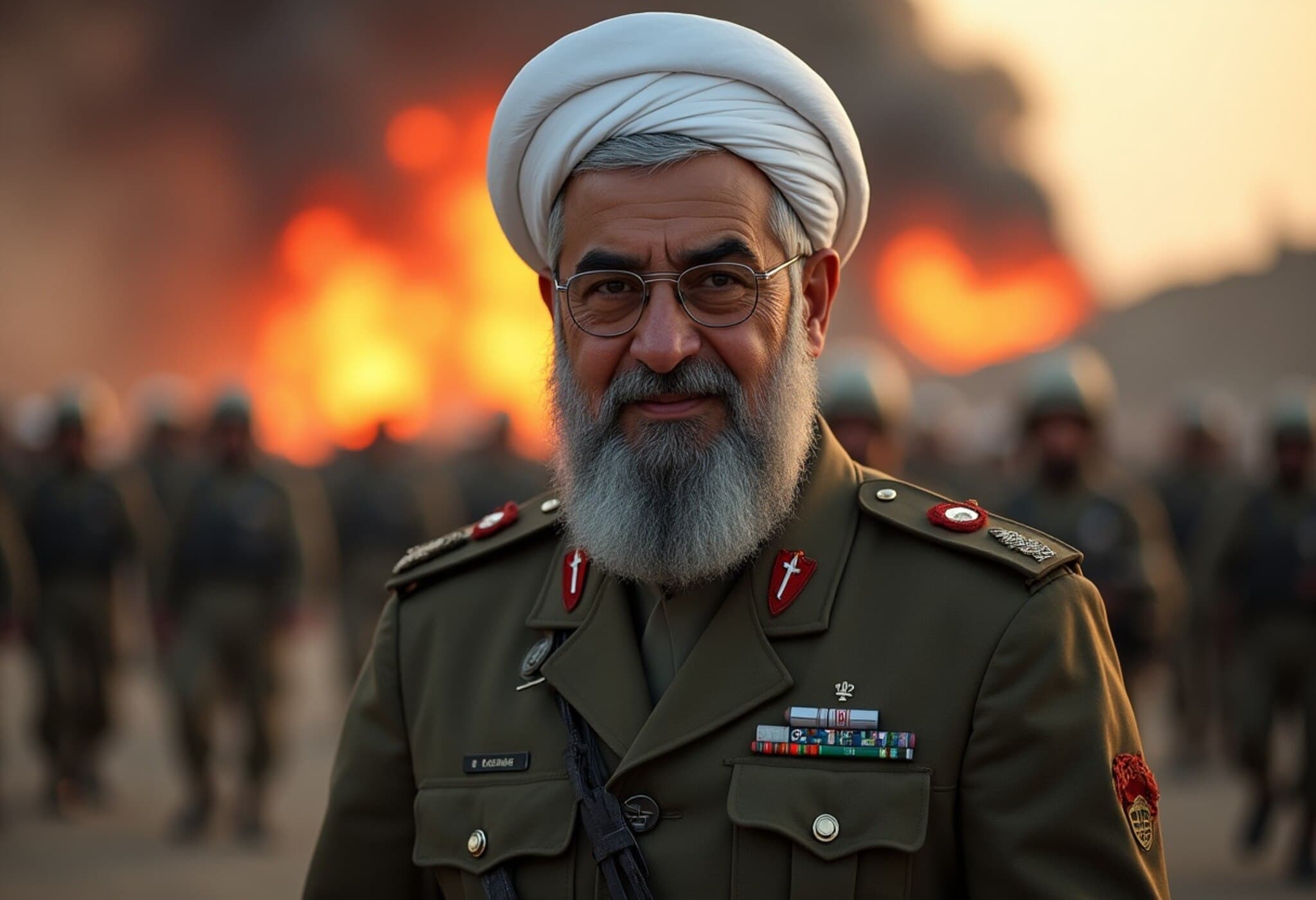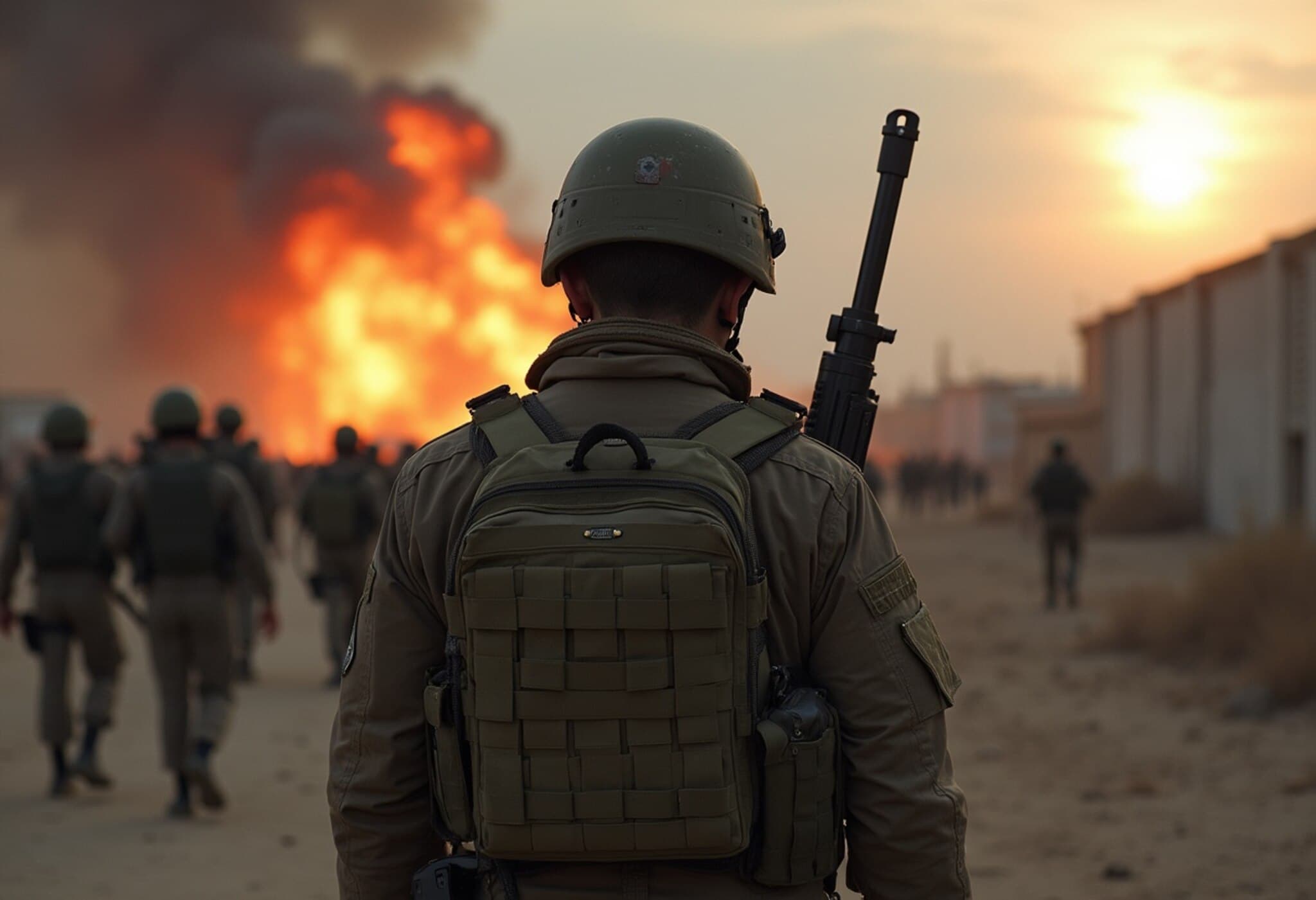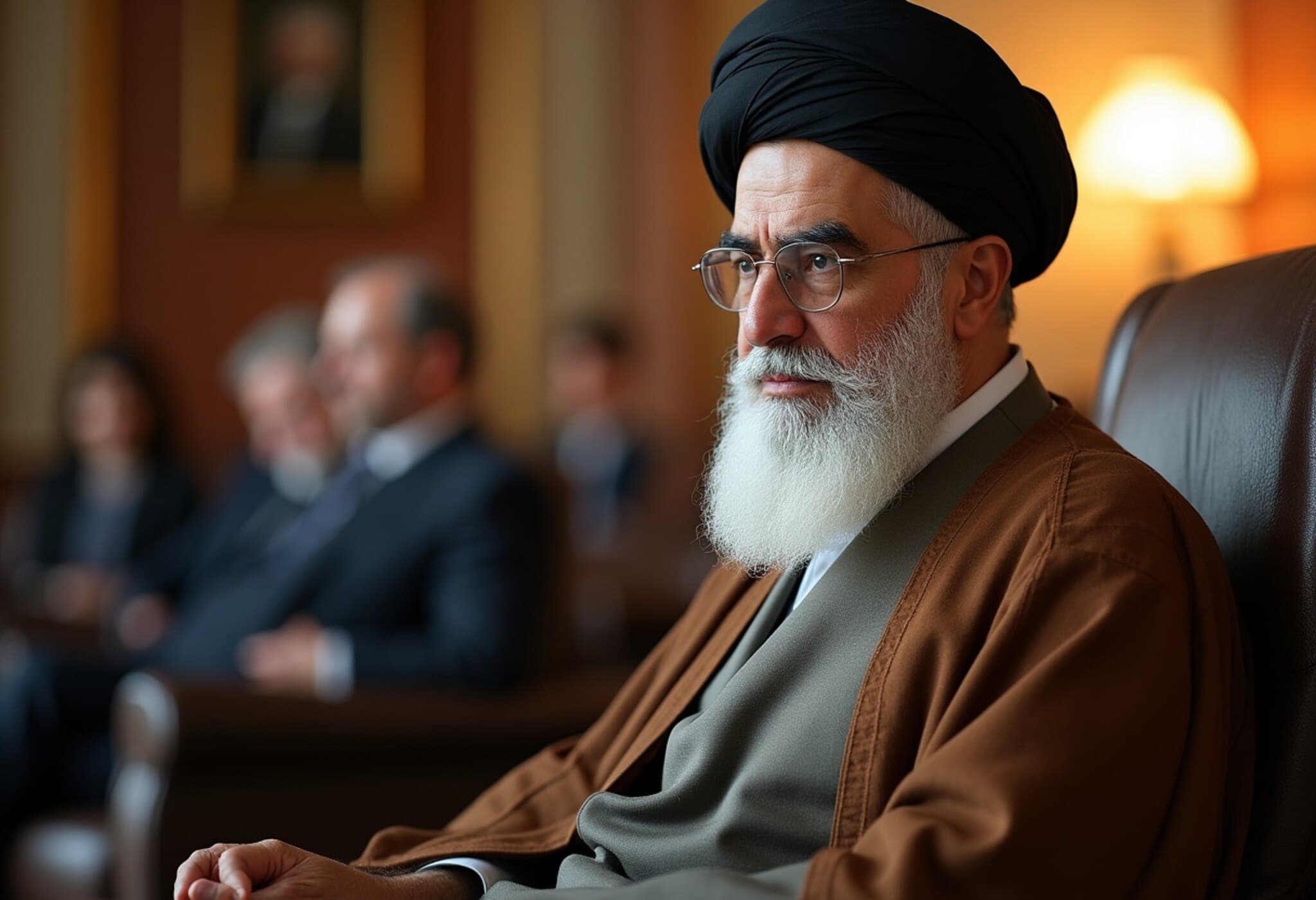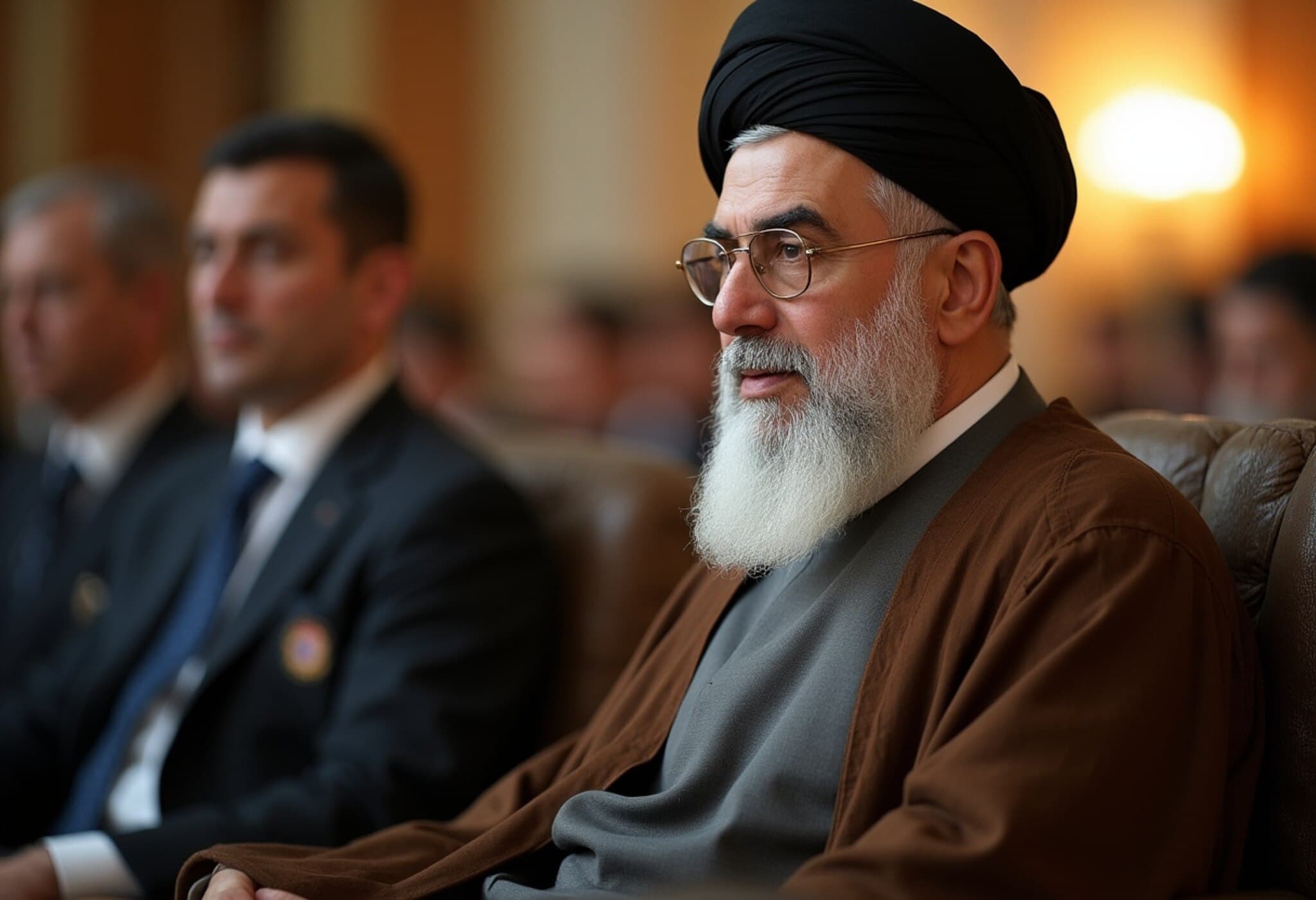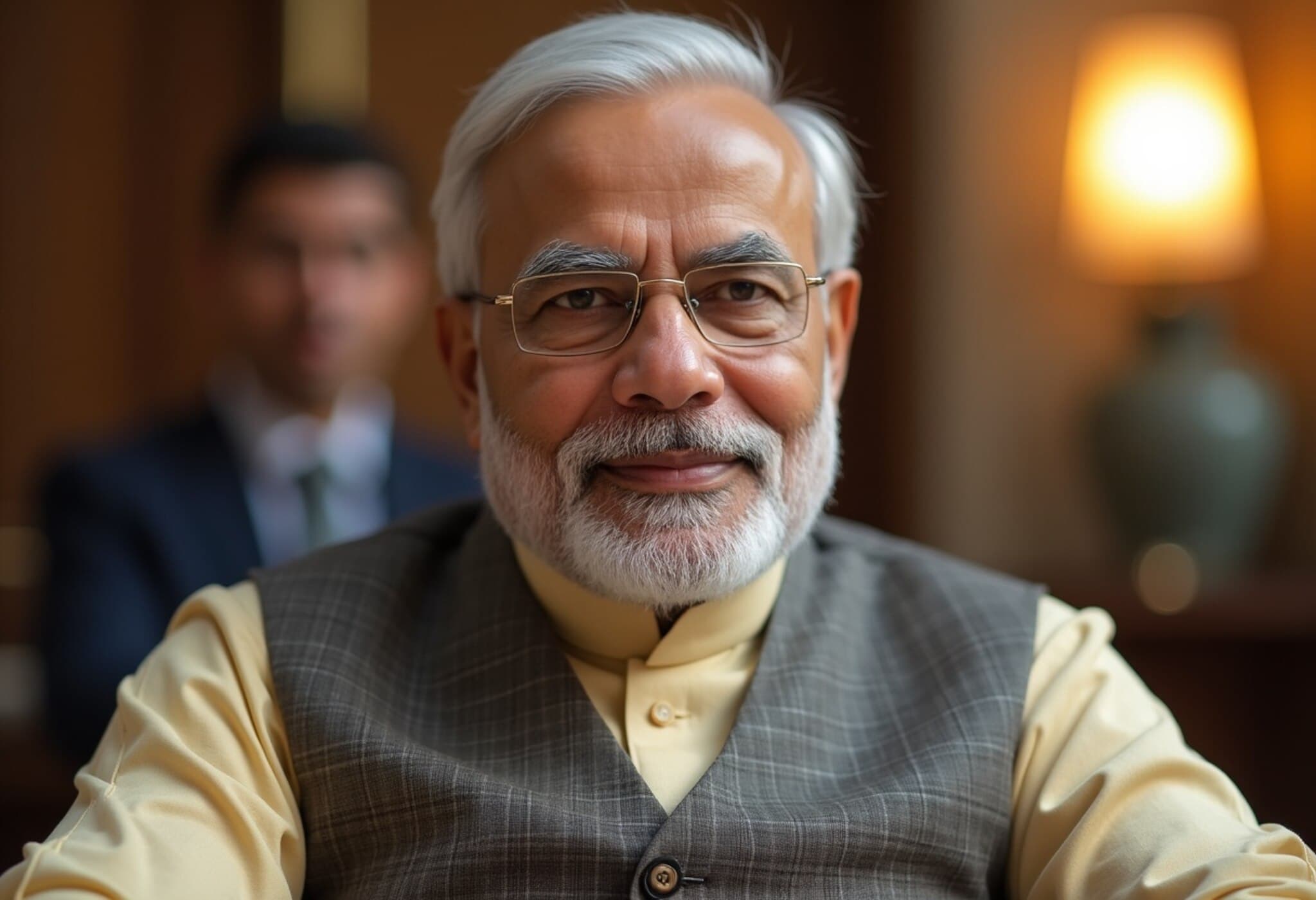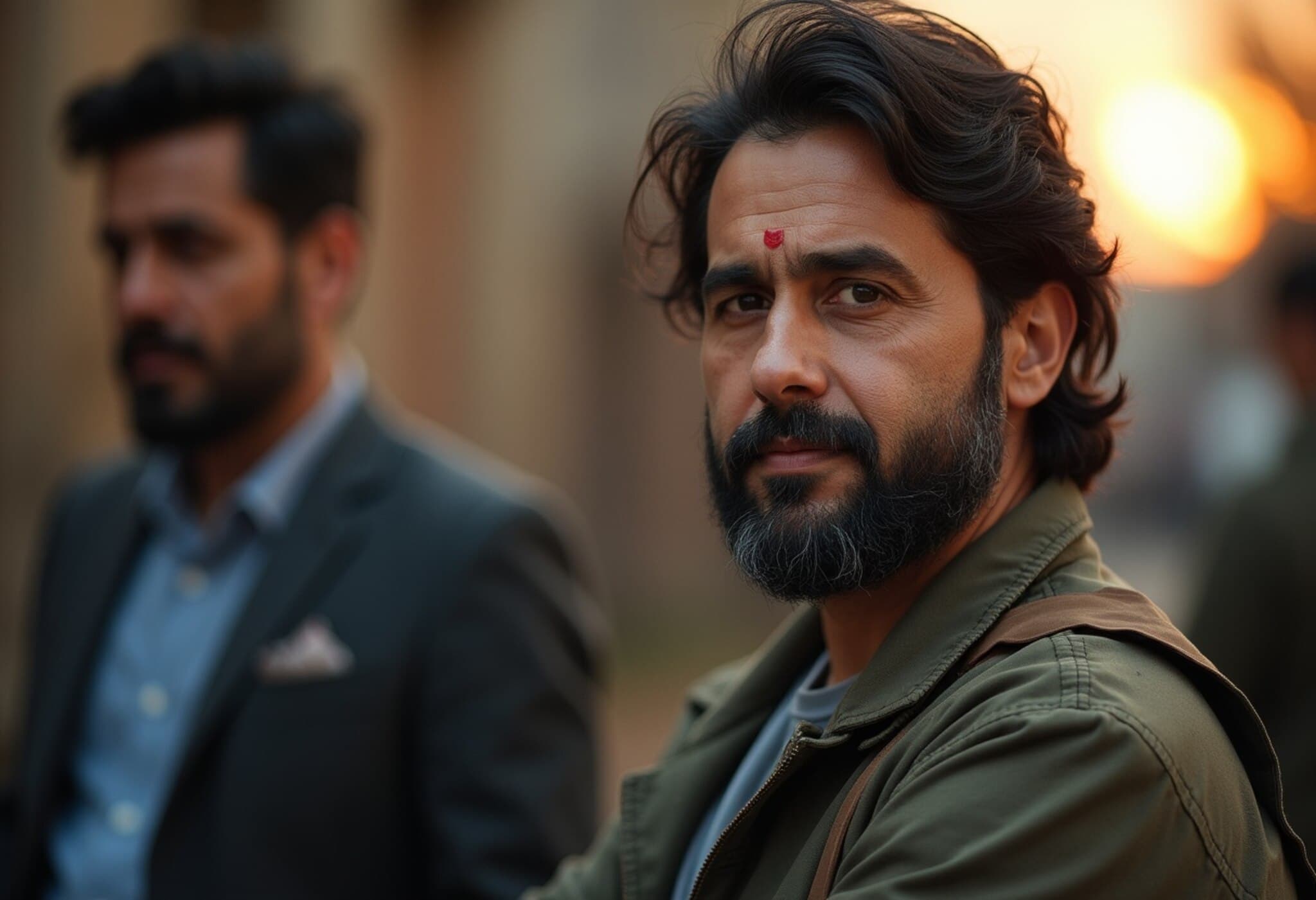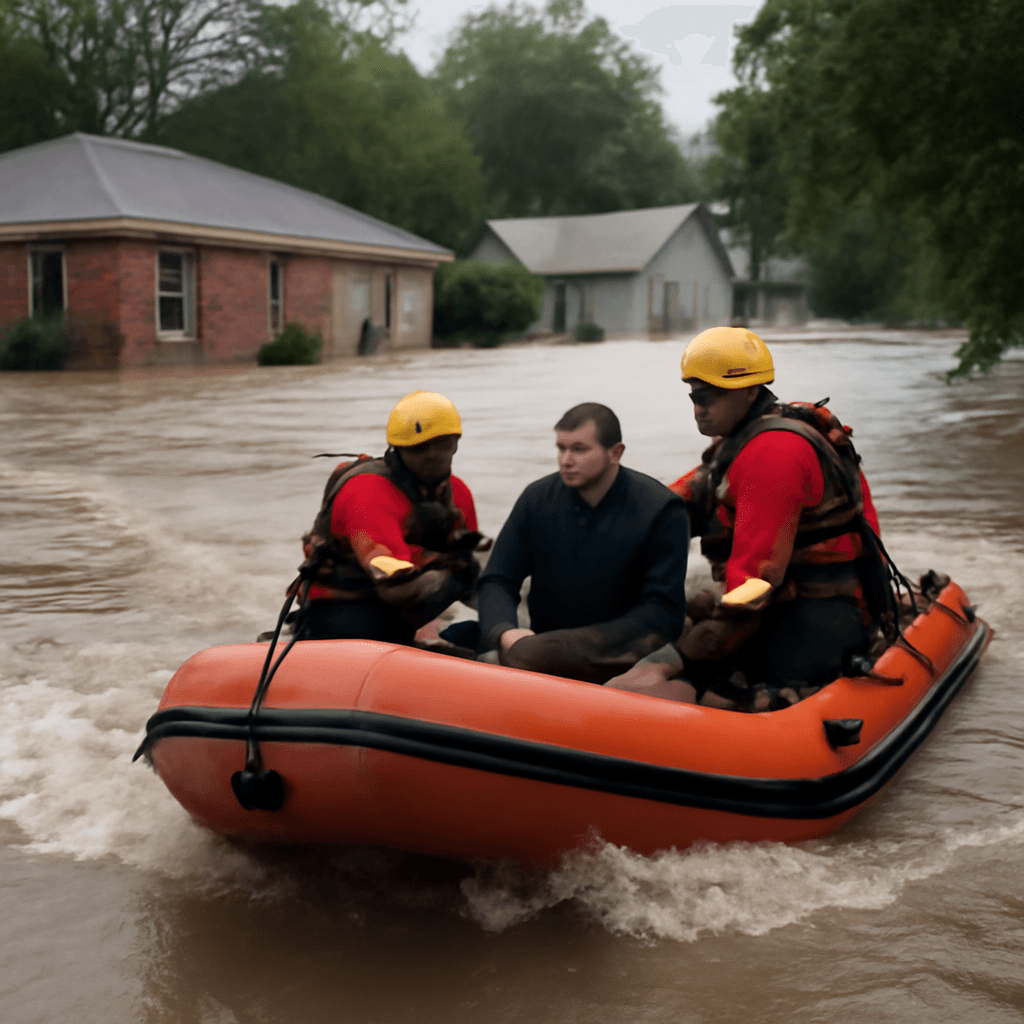France Urges Action After Teen Cyclist Vanishes in Iran
The disappearance of 18-year-old Lennart Monterlos, a French-German teenager traveling by bicycle in Iran, has sparked concern from French officials and highlighted the fraught dynamics between Western citizens and Iranian authorities. Monterlos vanished on June 16, 2025, while embarking on a cross-continental cycling journey, a trip he shared details about on a crowdfunding platform prior to his disappearance.
Background: A Cycling Adventure Turns Worrisome
Monterlos, a high school senior from eastern France, was reportedly cycling across Europe and Asia—a dream undertaking that unfortunately came with unexpected risks. His last known location in Iran remains unclear, prompting urgent calls from French diplomats seeking information on his whereabouts.
Diplomatic Response and Heightened Risk for Western Travelers
According to a French diplomatic source who spoke with AFP, the disappearance is "worrying," and French authorities are in close contact with Monterlos’ family. The source underscored a broader advisory for French nationals against traveling to Iran due to what is described as a "deliberate policy of taking Western hostages" by the Iranian government.
This advisory emerges amid rising political tensions and a series of arrests involving European nationals accused of espionage, many of whom remain in detention under opaque circumstances. Iran is believed to hold roughly 20 European citizens, some on undisclosed charges, exacerbating fears among foreign travelers and governments alike.
Context: Other European Nationals Detained
- Three unnamed Europeans were recently arrested in the aftermath of escalating geopolitical conflicts, with two accused of spying for Israel.
- French nationals Cecile Kohler (40) and Jacques Paris (72) have been detained in Iran since May 2022 on espionage charges vehemently denied by their families.
French Foreign Minister Jean-Noël Barrot has actively engaged with his Iranian counterpart, Abbas Araghchi, pressing Iran to release Kohler and Paris. However, it remains unclear whether Minister Barrot addressed Monterlos’ case during these discussions.
Grim Charges and Human Rights Concerns
Recently, Tehran escalated accusations against Kohler and Paris to include spying for Mossad—the Israeli intelligence agency—alongside serious charges such as "corruption on Earth" and "plotting to overthrow the regime." All carry potential death sentences. France fiercely condemns these arrests, labeling them arbitrary and the detention conditions as tantamount to torture, highlighting an ongoing humanitarian crisis embedded in political disputes.
Unfolding Questions: What Lies Ahead?
Monterlos’ vanishing shines a light on the precarious position of Western travelers in Iran and raises urgent questions about the safety and rights of foreigners in politically volatile regions. Experts note that travel advisories should be heeded carefully, as Iran’s judicial system is often criticized for its lack of transparency and for using foreign detainees as geopolitical bargaining chips.
Moreover, this incident underscores the need for robust international dialogue on protecting innocent travelers and preventing such disappearances from becoming another chapter in diplomatic confrontations.
Expert Commentary: Navigating Risks in a Complex Geopolitical Landscape
From a policy perspective, the Monterlos case is emblematic of the intersection between individual adventure and geopolitical realities. Travel experts advise that young explorers considering routes through sensitive territories must comprehensively assess current political climates and governmental advisories.
Legal analysts stress that Iran’s detention of alleged spies and dual nationals is part of a broader strategy to exert pressure amid strained relations with Western countries, including France and Germany. The international community’s response remains critical not only for the individuals involved but also to uphold principles of human rights and international law.
Summary and Editor’s Note
Lennart Monterlos' disappearance is more than a personal tragedy—it reflects a deepening geopolitical rift that places vulnerable travelers at risk in Iran. As French authorities rally for his safe return, the broader context of detentions, accusations, and strained diplomatic ties calls for heightened awareness and policy engagement.
Readers should be mindful of the complexities surrounding travel in politically sensitive regions and the significant human impact of international conflicts. This unfolding story invites reflection on how governments prioritize citizen protection and what measures can be taken to prevent such incidents in the future.




